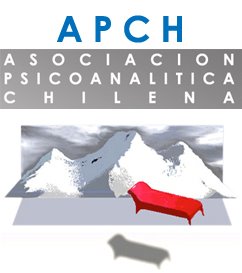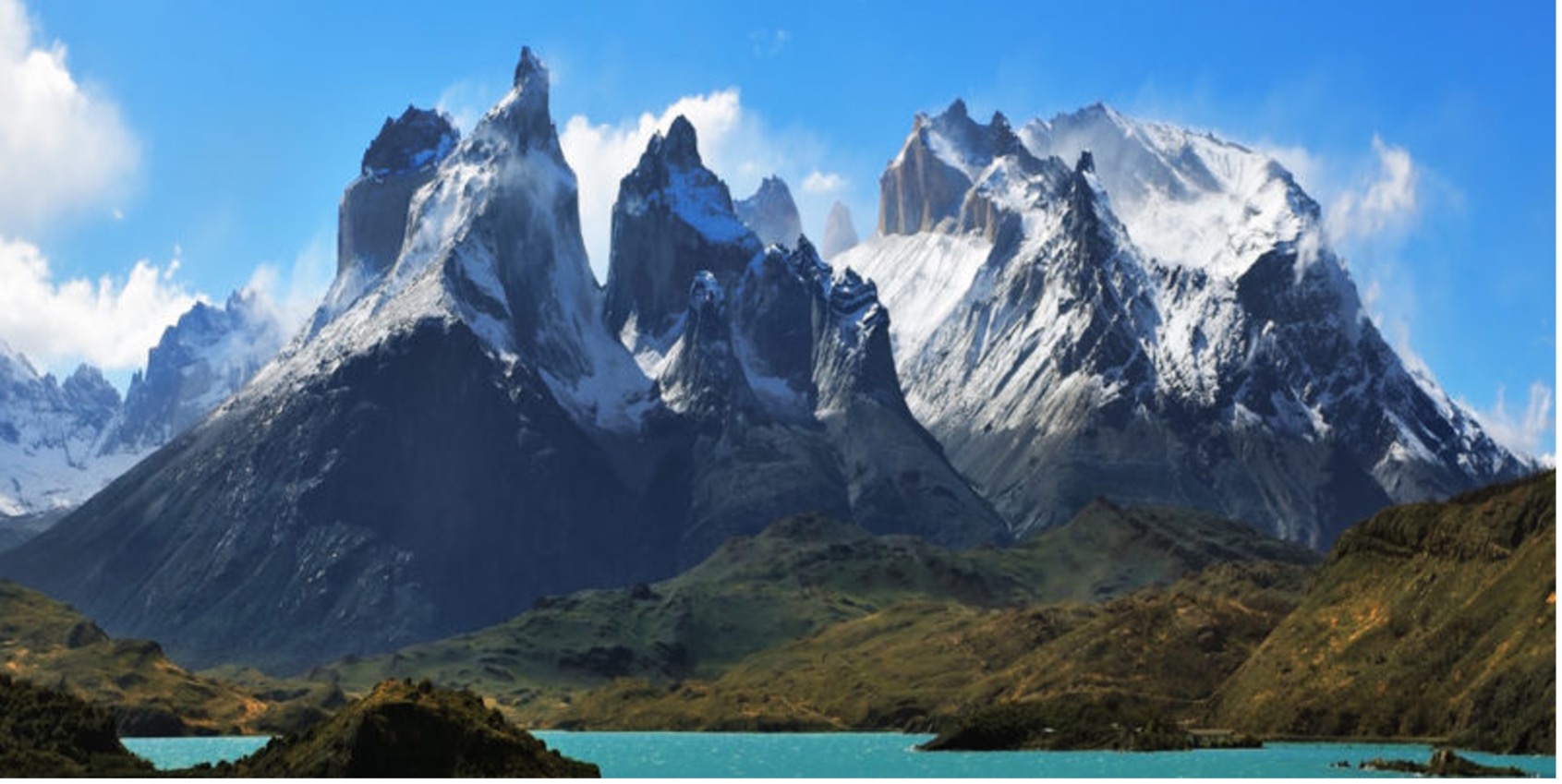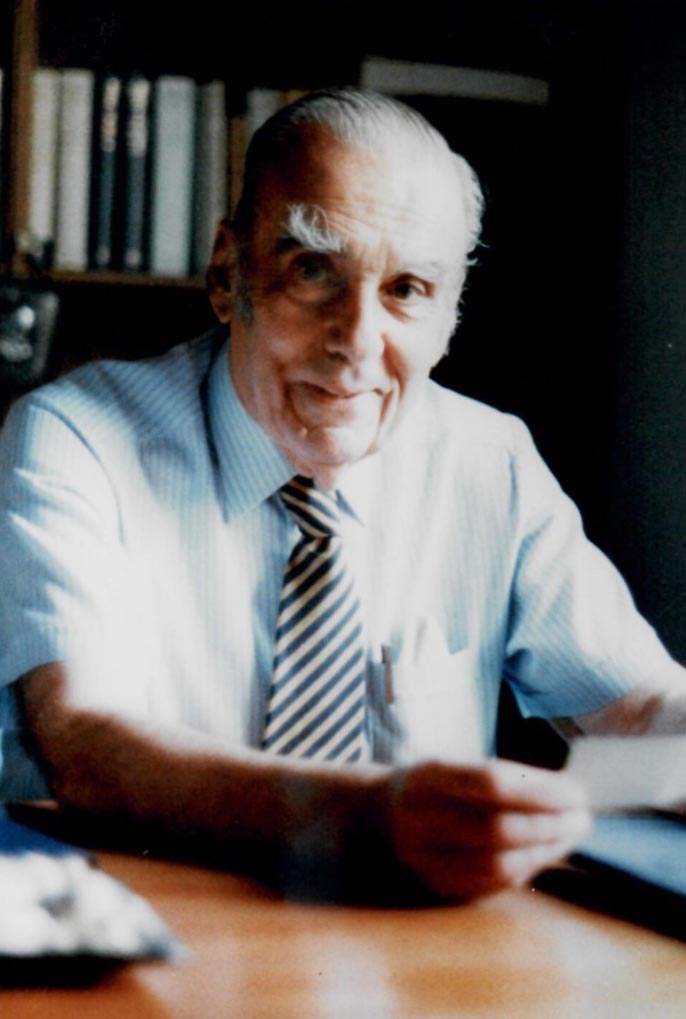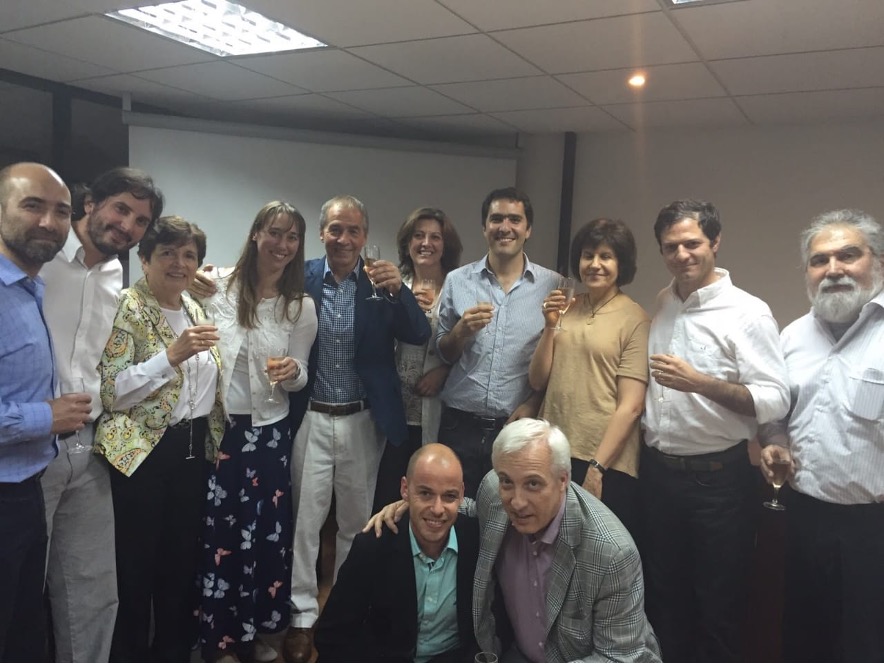
Chilean Psychoanalytical Association
We are pleased to be in this space of “the society of the month”, so that you can get to know us a little more.
 Our country is small. It is in the southernmost part of South America. A long thin country with 17 million inhabitants. To the north, Chile has the driest desert in the world, which is the Atacama Desert. To the south, we have forests and lakes, bordering Antarctica. To the west we have a long sea line, and to the east a long and imposing mountain range, the well-known Cordillera de los Andes, to which all Chileans grew up looking at. In this sense, we are used to visiting a diversity of landscapes, from the immensity of the desert, seeing how from an intense dryness, every few years where there seems to be no life, colourful flowers bloom in an impressive way, filling the desert with life. But we are also overwhelmed by the abundance of the forests of our south, very green, among lakes and large and active volcanoes. We grew up accompanied by a long sea line, looking at its immensity and learning to relate to it, with the cold, with its fish and shellfish, to nourish ourselves with it. On the opposite side, lies that massive white mountain range, in certain places always snowed. As children, we all wondered what would there be on the other side of that ocean, and what is on the other side of the mountain range, with a curiosity to know what was out there.
Our country is small. It is in the southernmost part of South America. A long thin country with 17 million inhabitants. To the north, Chile has the driest desert in the world, which is the Atacama Desert. To the south, we have forests and lakes, bordering Antarctica. To the west we have a long sea line, and to the east a long and imposing mountain range, the well-known Cordillera de los Andes, to which all Chileans grew up looking at. In this sense, we are used to visiting a diversity of landscapes, from the immensity of the desert, seeing how from an intense dryness, every few years where there seems to be no life, colourful flowers bloom in an impressive way, filling the desert with life. But we are also overwhelmed by the abundance of the forests of our south, very green, among lakes and large and active volcanoes. We grew up accompanied by a long sea line, looking at its immensity and learning to relate to it, with the cold, with its fish and shellfish, to nourish ourselves with it. On the opposite side, lies that massive white mountain range, in certain places always snowed. As children, we all wondered what would there be on the other side of that ocean, and what is on the other side of the mountain range, with a curiosity to know what was out there.
It has always been said that Chile is a country of poets, the only Nobel prizes received by Chileans were awarded to two important poets who are very present in our culture since we were very young (Gabriela Mistral and Pablo Neruda), and in general writing and poetry is a frequent reference.

Our geography also makes us used to facing earthquakes, floods, volcanic eruptions, etc. I think geography certainly influences culture.
The headquarters of the Chilean Psychoanalytic Association (APCh) is in the capital of Chile, Santiago. Our Association is currently made up of 76 members and 33 candidates. I will tell you a little about our corporate history:
The emergence of psychoanalysis in Chile is marked by a review made by Freud (1911) on the presentation of Dr. Germán Greve at the International American Congress of Medicine and Hygiene (Buenos Aires, 1910) and his reference in “Contribution to the history of psychoanalytic movement ”(1914). However, it is with the return to Chile of Fernando Allende Navarro, standing member of the Psychoanalytic Societies of Switzerland and Paris in 1925 - after having trained as a doctor in Belgium and a psychoanalyst in Switzerland - when psychoanalysis really begins to disseminate in our country.
Then, between 1934 and 1940, Dr Ignacio Matte Blanco travelled to London to continue his medical education and start his psychoanalytic training at the British Institute of Psychoanalysis, becoming a member of the British Society of Psychoanalysis. In 1940, Matte travelled to USA to work at John Hopkins Hospital and then at Duke University, as an assistant professor of psychiatry, returning to Chile in 1943. With the support of Allende Navarro and a group of prominent local psychiatrists, he founded the Chilean Psychoanalytic Association, achieving the recognition of the Chilean Psychoanalytic Association by the IPA in 1949, being Ernest Jones president of the IPA in that period.

Dr Matte Blanco had a very attractive personality and in addition to founding the Association, he directed the chair of Psychiatry at the Faculty of Medicine of the University of Chile. His personality and his university work contributed to the formation of several generations of psychiatrists, psychologists and psychoanalysts. In the beginning, there was a fairly fluid relationship between the university and the Association. Later, Ignacio Matte Blanco left Chile to go live in Italy, not returning.
As mentioned in the beginning of this text our country has certain geographical conditions that have rendered some isolation at times, however, our Association has remained engaged by different members and they maintained contact. Otto Kernberg, Ruth Riesenberg, Ramón Ganzaraín left Chile, they always kept traveling and in contact with the Association. There was also an important relationship with the psychoanalysts of Argentina, who crossed the Andes range to hold seminars and different activities. Others of us travelled to London for a time, thus we kept in touch with international psychoanalysis in periods when this was not as easy as it is today.
Later, like many Latin American countries, we suffered a long dictatorship, a dark period, from which we had to regret the arrest and disappearance by the dictatorship of a graduate of our institute.
After this, and together with the return of democracy, in 1999, we hosted the IPA world congress, an opportunity that was important for our association so as to reconnect with our colleagues from the rest of the world.
Our Association in our days:
In more present times, we have had to be facing periods of change to which we have had to adapt.
In the socio-political sphere, our country has been in troubled times. A very important and massive social mobilization emerged, which was termed by the press as “the burst”, which refers to energies that accumulate until at one point they explode. This generated that a change to the constitution, that had accompanied us since the dictatorship, was made possible. Then came the pandemic that affected the entire world. During this time, the Association has been trying to stay engaged with the community, and in this sense it has participated in different instances, such as the social table of mental health that the government inaugurated, participated in the instance of aid to the victims that had suffered ocular trauma as a result of police repression, the possibility of care for health personnel was inaugurated during the collapse of health services due to the pandemic, free seminars were held to the general population on different topics that from psychoanalysis collaborated to the mental health of the population to face times of uncertainty and anxiety.
In this sense, our Association managed to remain very active during this difficult moment. We held our scientific meetings at a distance through the Internet; we adapted what was called "Freud's bar" to an online instance. We also carried out outreach courses aimed at psychologists and psychiatrists. All these activities have had a significant number of attendees. Today, we are trying to expand the training to another city outside of Santiago, so this year we are launching the training in another city, maintaining the same standards of the training in Santiago, which is a challenge, to achieve a decentralization of psychoanalysis in Chile.
In short, this has been a brief review of what the Chilean Psychoanalytic Association (APCh) is, our history and our present. Perhaps only to add that in these different activities a very collaborative spirit of the colleagues is lived, and that the candidates (or analysts in training as they are called in Chile) actively participate collaborating with a lot of energy in the different activities of the society since their entry.
Dr. Pablo Santander
President of the Chilean Psychoanalytical Association
